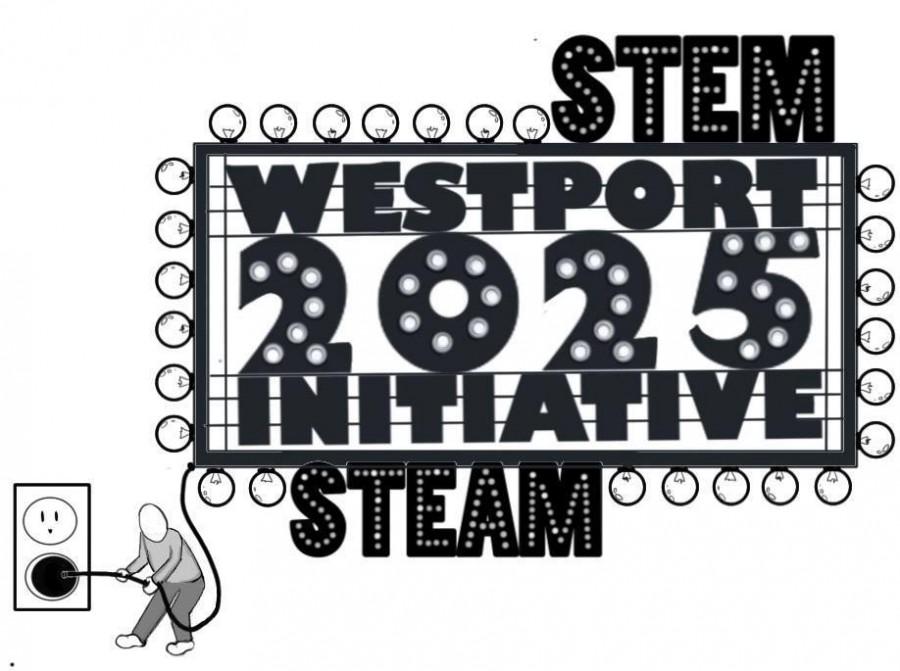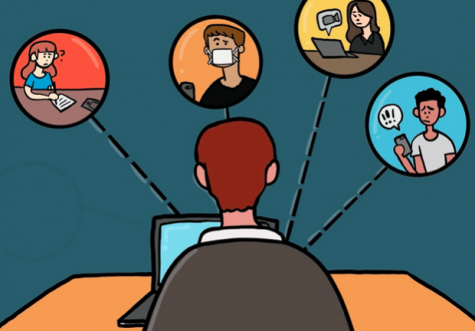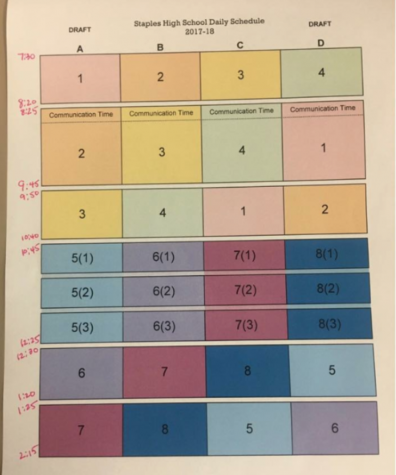Learning should be simple
We want to learn. And we want to be taught. But being smothered by new initiatives can become detrimental to our learning process.
In 2010, Westport 2025 was implemented into our curriculum to strengthen students’ critical-thinking, creative, communication and problem-solving skills.In 2013, the school district added STEM (Science, Technology, Engineering and Mathematics) to the middle school curriculum at the expense of some art classes. Yet, on Nov. 10, the administration will present replacing STEM with STEAM (Science, Technology, Engineering, Art and Mathematics).
Westport 2025 instructs teachers to promote critical changes. But students already have to think critically in any class they take. We don’t need Westport 2025 to tell us to do so. We don’t need the initiative to tell our teachers to help us think creatively and globally and with communication in mind. We all do that anyway.
Westport schools cut back on the arts when STEM was implemented last year and now we’re phasing the arts back in with the move to STEAM. We’re confused. What’s the difference, in regards to arts, between what we had before STEM and what is being presented as STEAM?
From what we can tell, money, time, energy, effort and resources could have been saved if we didn’t try to fix what wasn’t broken.
So tell us, why? Why were these changes made?
If these initiatives have had a positive impact on our students and our school system, we haven’t heard about it. But we’d like to. Because right now, we don’t know of any beneficial effects.
That’s not to say that education initiatives, such as STEM and Westport 2025, are all bad. Maybe STEM helped a kid realize his or her interest in engineering early so he or she could pick relevant courses throughout high school. Maybe Westport 2025 made a student realize that the lessons he or she is learning really do connect to the real world.
But in a successful school district like Westport’s, where a majority of students are motivated to learn, these initiatives aren’t necessarily necessary.
Spend money, time, energy, effort and resources on improving what we already have rather than creating more and more new programs. Don’t just do things for the sake of doing them and talk to us. We have opinions that we want to share with you before you make decisions that impact us, like the addition of these initiatives. We have opinions that we want to share with you after you make these decisions, as we are the ones who experience the changes firsthand.
Consider taking a step back.
Let our teachers teach. Let our students learn. It’s as simple as that.
















































![[Nov. 2016 Editorial] Battling bystander effect requires administrative change](https://www.inklingsnews.com/wp-content/uploads/2016/11/Screen-Shot-2016-11-22-at-1.05.28-PM.png)





